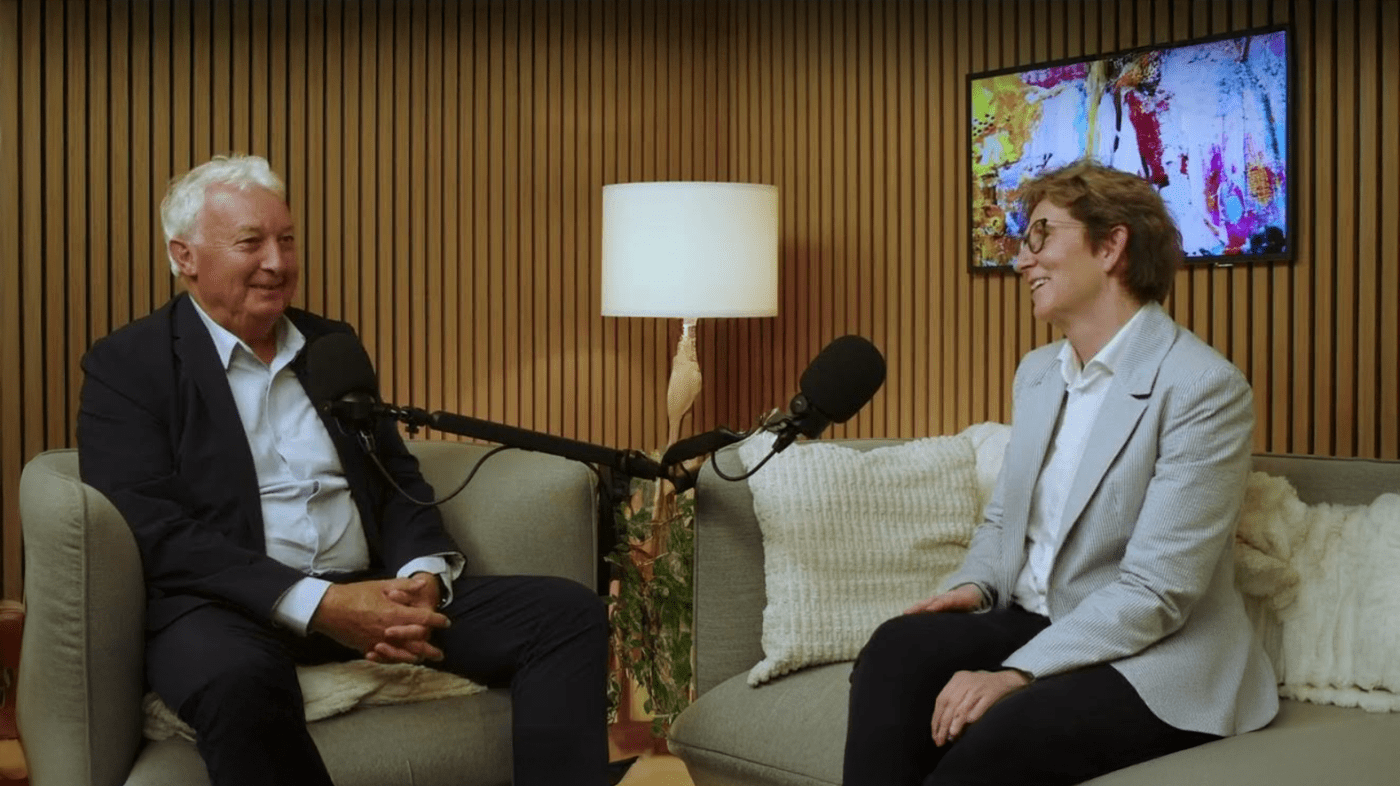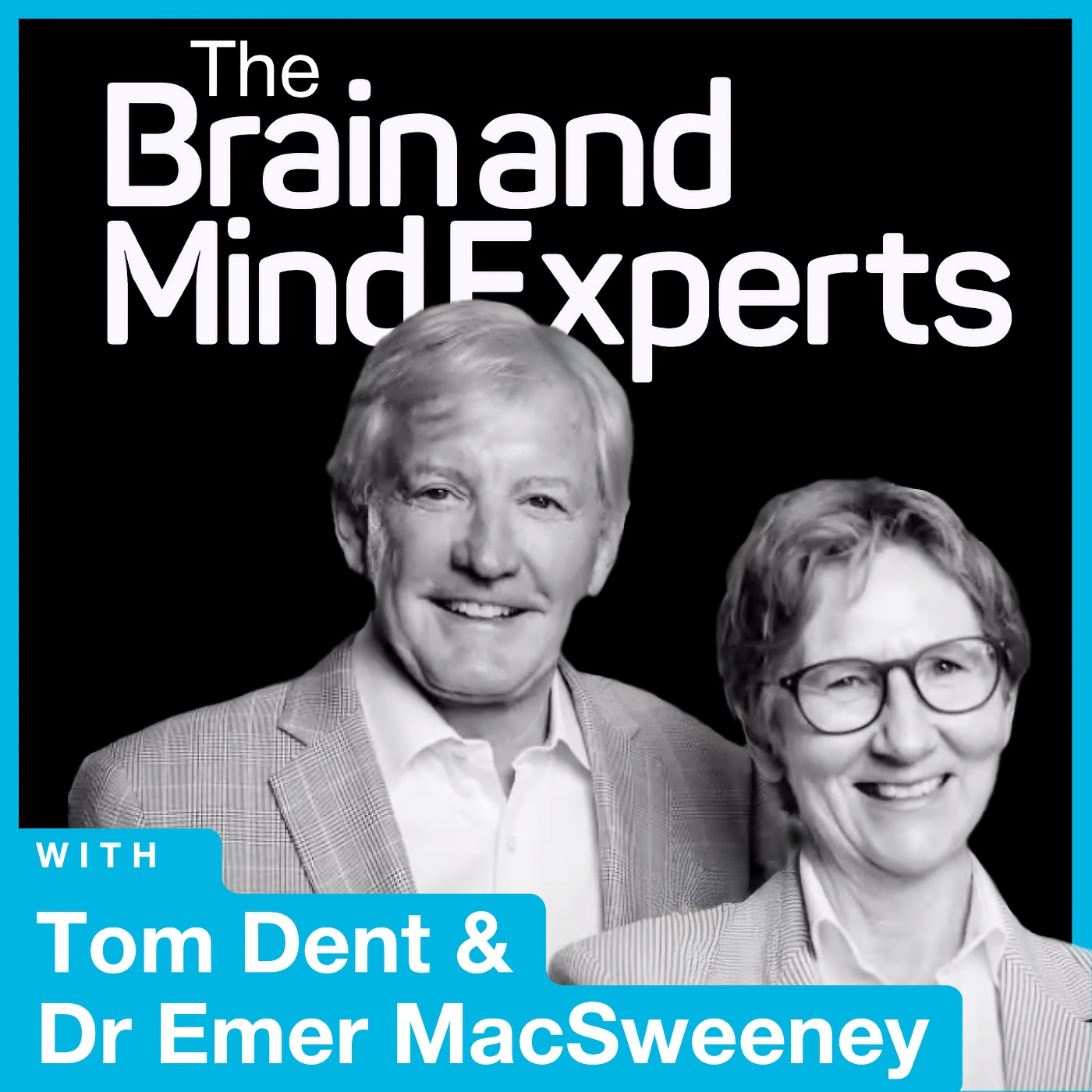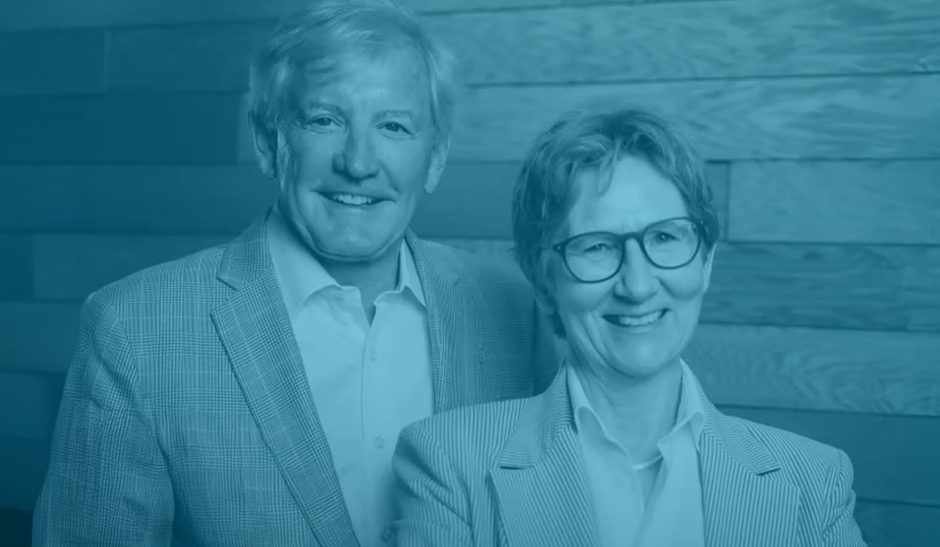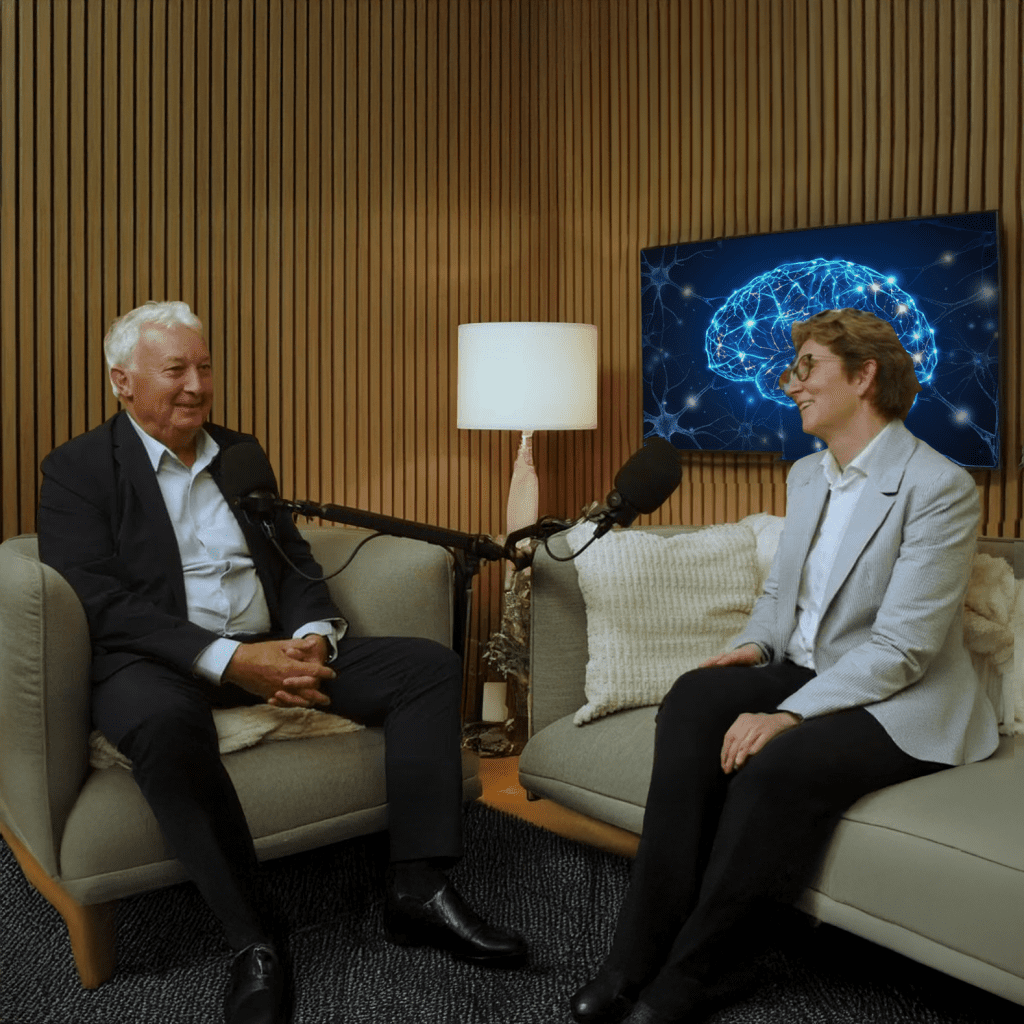Facing Alzheimer’s Head-On: Football Legend Ray Clarke Shares His Story
On this episode of the Brain and Mind Experts Podcast, we sit down with English football icon Ray Clarke, whose remarkable career spanned some of Europe’s most competitive leagues in the 1970s and early ’80s. Known for his precision in front of the goal, Ray now finds himself in a very different kind of fight—one against early Alzheimer’s disease.
Ray’s story begins like many others: subtle signs that something wasn’t quite right. Forgetfulness. Mood changes. But it was his wife who truly noticed the shift and pushed him to seek answers. “She kept saying, ‘You’re forgetting this, you’re not doing that,'” Ray recalls. “I just tucked it away in my back pocket. But thankfully, she didn’t let it go.”
Through research and the support of the Professional Footballers’ Association (PFA), Ray was diagnosed with amyloid buildup—a hallmark of Alzheimer’s—and began a clinical trial through Re:Cognition Health.
The Hidden Dangers in Contact Sports
Dr. Emer MacSweeney, CEO and Medical Director of Re:Cognition Health, explains that Ray’s diagnosis is not uncommon among athletes who’ve played contact sports. Repeated head impacts—not just major concussions, but sub-concussions—can trigger neurodegenerative diseases like Alzheimer’s and CTE (chronic traumatic encephalopathy). These sub-concussions are silent threats: small knocks to the head that occur thousands of times over a player’s career, often without symptoms, but with lasting consequences.
Ray reflects, “You look back and think—how many times did I head the ball? Get knocked? No one thought much of it then.” He remembers being knocked unconscious during a game, only to be sent home from the hospital after a few hours—no real follow-up, no mention of long-term effects.
Why Clinical Trials Matter
Ray’s decision to join a clinical trial was driven by more than just personal health. “I wanted to help others—my family, other players. If my story can do that, then it’s worth it.” His trial is part of a new generation of disease-modifying treatments that target amyloid proteins in the brain to slow or stop the progression of Alzheimer’s.
Dr. MacSweeney emphasizes that early intervention is key. “You need two things: a way to detect the disease—biomarkers like amyloid or tau—and a treatment that can be given early enough to make a difference. Ray has both.”
Ray encourages others not to wait. “Don’t be afraid. It can only help. If you’re a former player from the ’60s, ’70s or ’80s—get tested. Do it for your family. Get in touch with Re:Cognition Health.”
Breaking Through Denial
One of the biggest hurdles? Denial. Many former players, Ray explains, don’t want to believe something might be wrong. “But I think if they hear it from someone who’s been through it, maybe it helps. It’s not just about them—it’s about the people who love them.”
Dr. MacSweeney agrees, adding that awareness needs to start young—not just with players, but with coaches and parents. “We must educate children and teens entering sport about head safety. Banning heading for kids is just the start.”
A Message of Hope
Now halfway through his trial, Ray feels more hopeful than ever. He speaks with clarity, humor, and humility. “I look forward to my clinic visits. The staff are fantastic—and the lunch is pretty good too,” he laughs.
He’s also re-engaging socially—something he once avoided due to memory challenges. “I’d forget where I was in a conversation and pull back. I felt embarrassed. Now, I feel much more like myself.”
Don’t Wait—Act Early
Co-host Tom Dent praises Ray’s courage and leadership: “You didn’t hide from it. You sought help early. And that’s the key.”
To those wondering what to do next, Ray leaves them with this: “Don’t wait. Get it sorted. You’ll be glad you did.”
If you or a loved one are concerned about memory issues or neurological health, visit brainandmindexperts.com to learn more about early diagnosis and treatment.
 Visit our USA website
Visit our USA website






